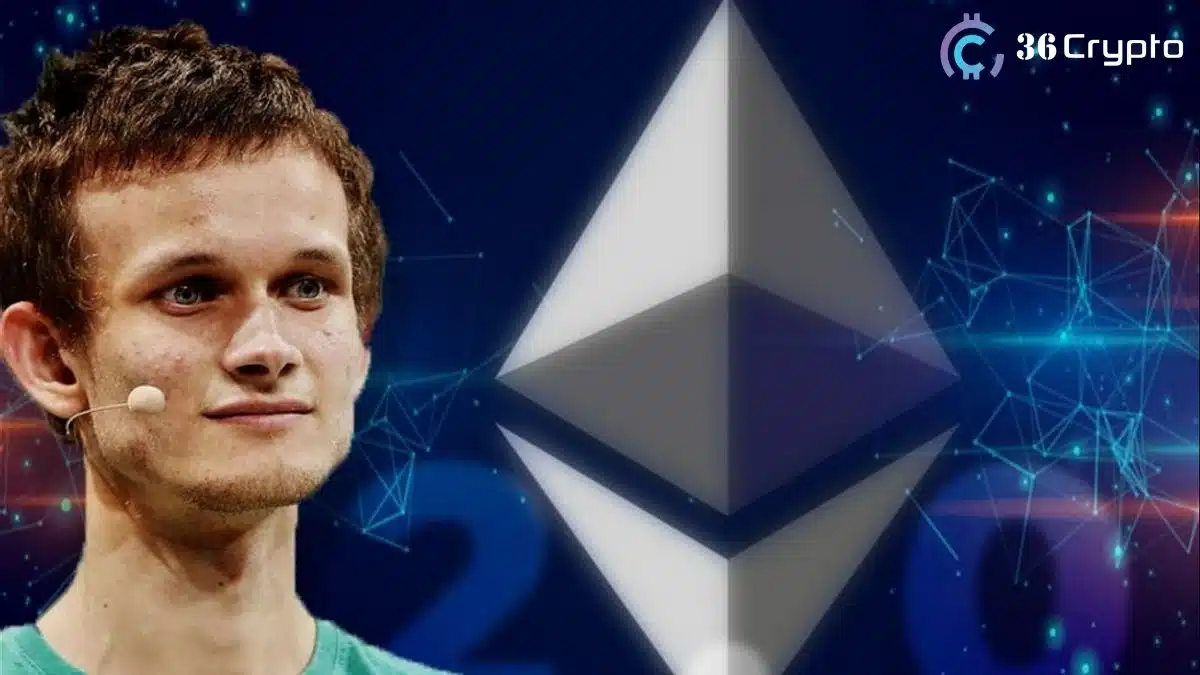Last updated on May 18th, 2024 at 11:37 am
Vitalik Buterin, a co-founder, has taken a major step towards the improvement of Ethereum’s network efficiency and presented a new proposal, EIP-7706. This project is aimed at the establishment of a new type of gas for transaction calldata, which is going to be used for a more accurate cost management system for data handling on the blockchain.
Ethereum Proposes New Calldata Gas Type
Ethereum’s current gas structure comprises two primary categories: realization gas and storage gas. The former is about the computational power that is needed to make transactions, while the latter is about the costs of data storage. Buterin’s most recent idea, on the other hand, is for a third type, which is for calldata—data that is sent to smart contracts during transactions. This move is going to clarify the costs of data transmission, and thus, the fees for data-intensive but computationally light operations will be lowered.
EIP-7706 not only intends to separate the calldata costs but also suggests a way to handle the three gas types better. Through the creation of a new transaction format that consists of max_basefee and priority_fee vectors for each type of gas, the proposal seeks to simplify the fee changes and improve the network performance. This may result in major improvements in transaction processing and cost-efficiency, especially for developers and users who are often using smart contracts on Ethereum.
EIP-7706 Follows Account Abstraction Proposal
EIP-7706 comes right after the launch of another proposal by Buterin and his team, EIP-7702, which is about account abstraction improvements. In short, these proposals show that the Ethereum development community is working hard to improve the blockchain’s functionality and user experience.
Thus, with EIP-7706, Ethereum will change the way transaction costs are calculated and assigned, allowing the network to accommodate its users’ different needs. This proposal not only demonstrates Ethereum’s continuous pursuit of innovation but also strengthens its ability to support a variety of applications and services effectively.
